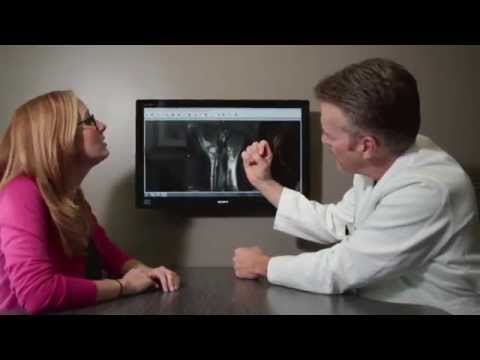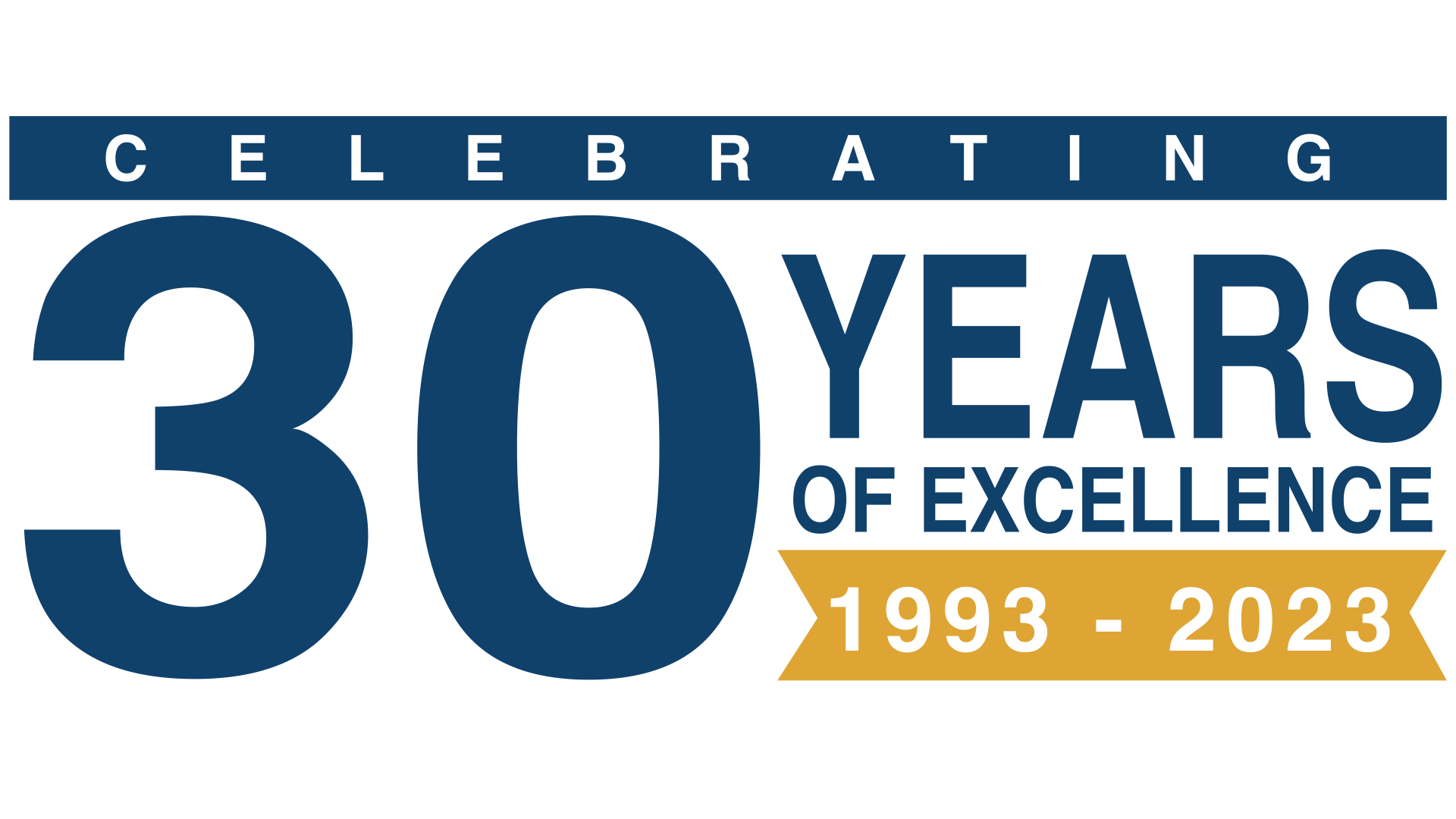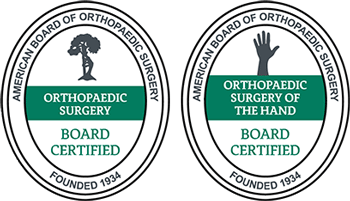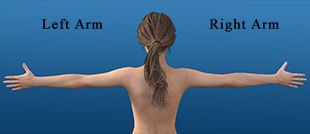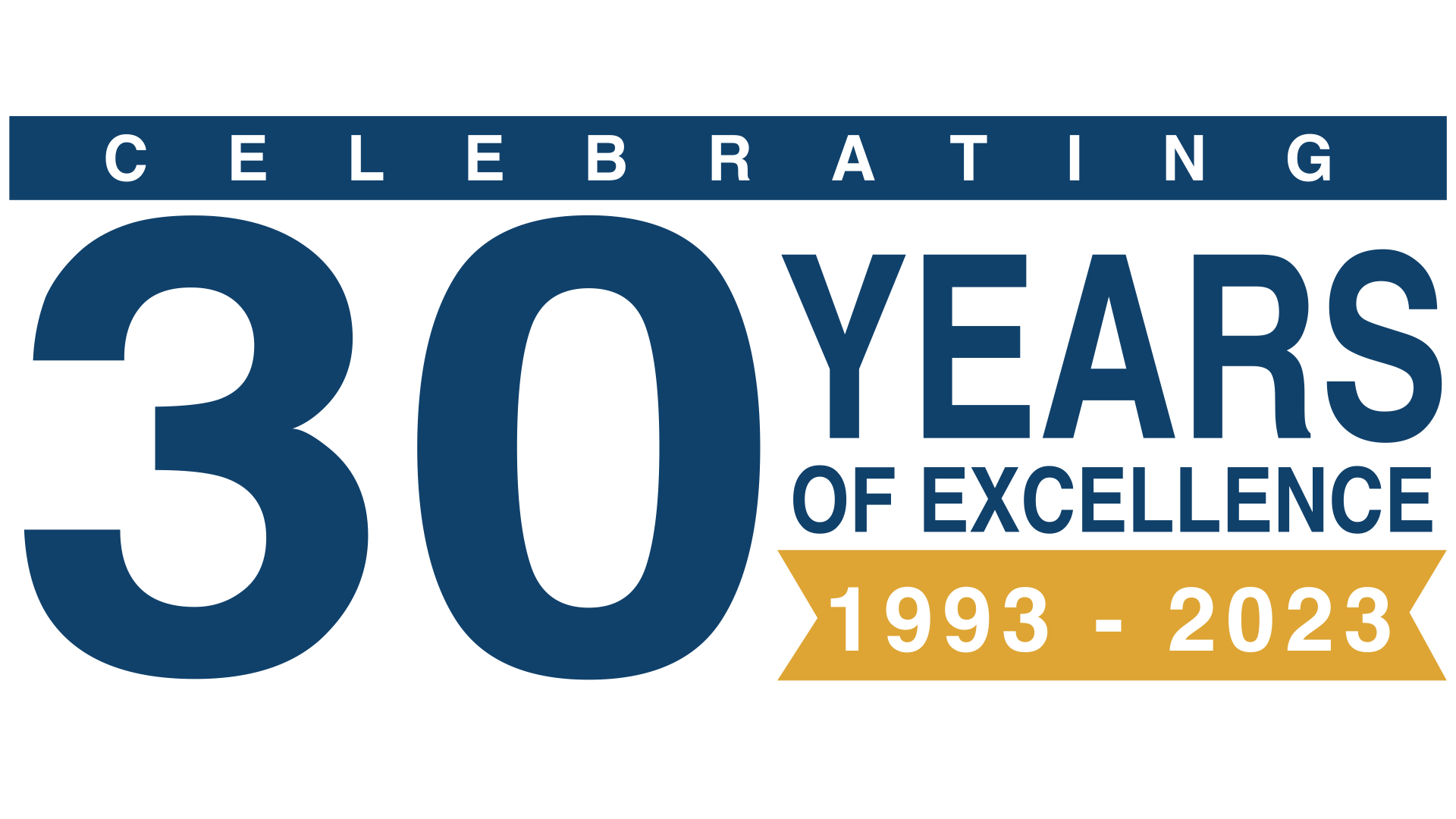Flexor Tendon Injuries & Repair
What are Flexor Tendon Injuries?
The Flexor Tendons are located on the palm side of the hand. They are thick cord-like connective tissues that attach the finger bones to muscles in the forearm and allow the fingers to bend. Flexor tendons are quite prone to injury due to their location below the skin and lack of flesh in the hand.
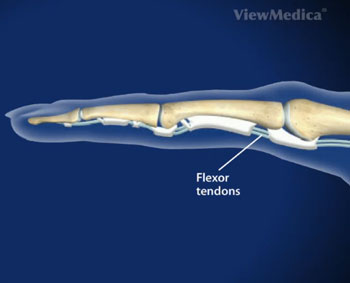
What causes Flexor Tendon Injuries?
Anything from minor cuts to major hand trauma can result in a Flexor Tendon Injury. Small lacerations or puncture wounds can partially or completely sever these tendons. Avulsion injuries are common in sporting activities such as football and wrestling. In an avulsion injury the flexor tendon is pulled from the bone when a closed grip is forcibly opened. Additionally, health conditions like rheumatoid arthritis can weaken the flexor tendons increasing the risk for rupture.
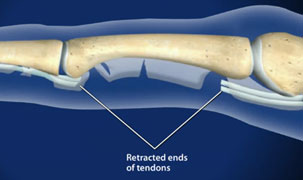
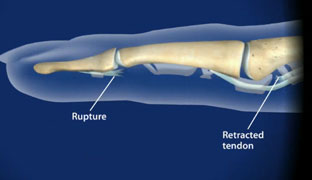
What are the symptoms of Flexor Tendon Injuries?
The most profound symptom of Flexor Tendon Injuries is the inability to bend one or more of the joints of a finger. Pain may be more pronounced when the finger is bent. Tenderness, bruising, or swelling may be present on the palm side of the hand along the affected digit. In some cases the fingertip may go numb. In an open injury the laceration is usually located along the skin folds on the palmar surface of the hand.
How are Flexor Tendon Injuries diagnosed?
Early diagnosis and treatment of Flexor Tendon Injury is critical in restoring dexterity and functionality to the digit. After a complete history is taken, the doctor will examine the affected hand. The physician will assess range of motion and may manipulate the fingers to determine the exact point of injury. Sensation and blood flow are also checked as nerves and blood vessels are often damaged along with the flexor tendons. X-rays may be taken to rule-out bone involvement.
How are Flexor Tendon Injuries treated?
Non-surgical
Flexor Tendons that have been strained may benefit from conservative treatment. Rest, anti-inflammatory medications and hand physiotherapy may be all that is necessary. However, most Flexor Tendon Injuries will require surgery. In the case of an open injury to the hand, first aid should be administered right away to stop bleeding and clean the wound. The hand may be placed in a protective splint until surgical repair is performed.
Surgical
Delaying surgical intervention more than two weeks can have long lasting consequences. Surgery usually takes place 7 – 10 days after injury but may be scheduled sooner if blood flow is compromised. The severity and scope of injury will determine the exact surgical procedure indicated. In general the two ends of the severed tendon are sutured back together. Post-operatively the hand will be placed in a special brace or splint to reduce tension on the tendon and protect the repair. While a full return to normal function is unlikely, hand therapy is vital to optimize dexterity of the affected digit.
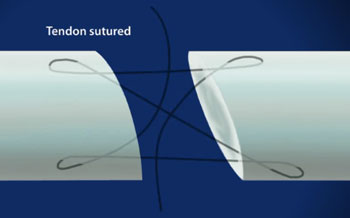
How can Dr. Knight help you with Flexor Tendon injuries?
Injuries to the delicate tendons of the hands can be traumatic and debilitating. Dr. Knight knows how important it is to restore to you the best possible use of your hands, and so will bring his considerable experience to bear in every case. In his many years of practice, Dr. Knight has repaired hundreds of tendon injuries, and with him, you are in good hands.
Dr. Knight is one of the premier hand surgeons in Dallas. We invite you to visit him at our Southlake office or Dallas office today.
Surgical Videos
Note: The following videos contain graphic images.
Animated Videos
Surgical Video
Note: The following video contains graphic images.
(817) 382-6789
Disclaimer
HandAndWristInstitute.com does not offer medical advice. The information presented here is offered for informational purposes only. Read Disclaimer


